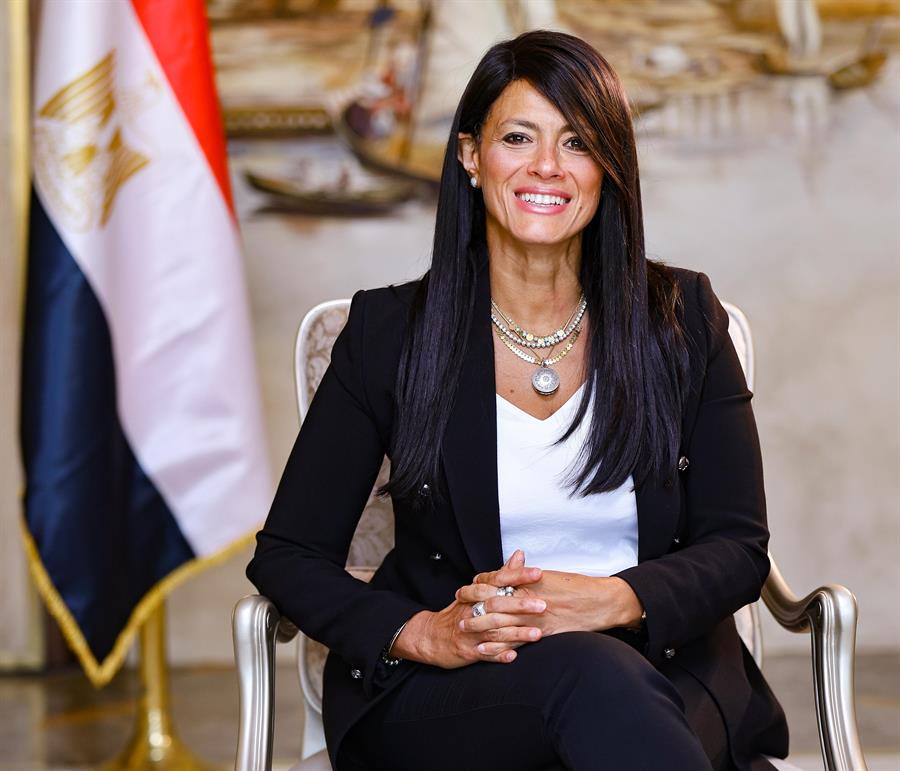Egypt’s minister of planning heads to Uzbekistan to participate in IsDB meetings

02 September 2021
Dr. Hala El-Said, Minister of Planning and Economic Development who is acting also as Governor of Egypt at the Islamic Development Bank (IsDB) Group, left today for the city of Tashkent in the Republic of Uzbekistan to participate in the Bank Group's annual meetings of its boards of governors, held until 4 September.
During the meetings, the boards of governors and general assemblies of the members of the Islamic Bank Group will discuss development issues and institutional issues related to the member states, in the presence of 57 governors of the Islamic Development Bank, including the ministers of finance, economy, planning and international cooperation, governors and central banks, and a number of high-level ministers from member states.
IsDB meetings will witness the presence of representatives of the international development community, business, civil society, academia and the media.









